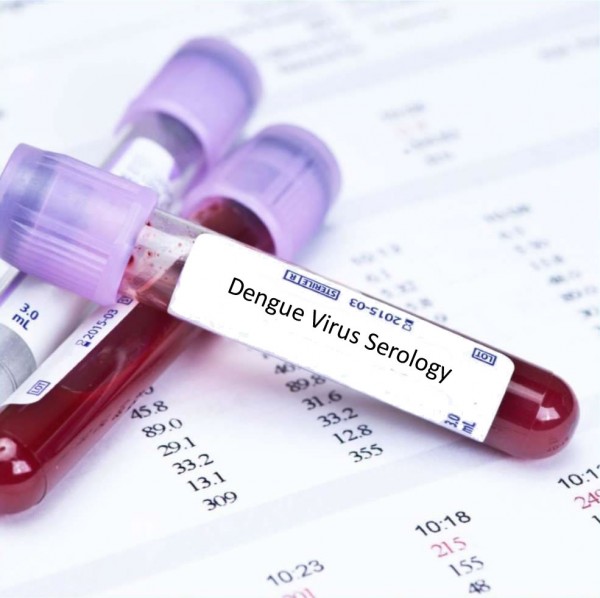Dengue fever is a viral infection transmitted to humans by mosquitoes that live in tropical and subtropical climates and carry the virus. Blood testing detects the dengue virus or antibodies produced in response to dengue infection.
According to the Centers for Disease Control and Prevention (CDC), dengue infections have been reported in more than 100 countries from parts of Africa, the Americas, the Caribbean, the Eastern Mediterranean, Southeast Asia, and the Western Pacific. It is a fast emerging infectious disease, according to the World Health Organization (WHO), with an increasing number of cases and countries affected throughout the world. The actual number is not known because about 75% of cases are asymptomatic, but a recent estimate put the number of annual dengue infections as high as 390 million. Approximately 50 to 100 million symptomatic cases occur annually worldwide.
In the U.S., the majority of dengue cases occur in travelers returning from areas where dengue is endemic. Most dengue cases in U.S. citizens occur in people who live in Puerto Rico, the U.S. Virgin Islands, Samoa and Guam. Outbreaks where a large number of cases occur in a defined area are rare in the U.S. In recent years, there have been small outbreaks in Texas and Hawaii and a few cases diagnosed in southern Florida.



 Contact Us
Contact Us






 Hospitals
Hospitals
 Doctors
Doctors
 Diagnostic
Diagnostic
 Pharmacy
Pharmacy
 Health Tips
Health Tips
 Blog
Blog









